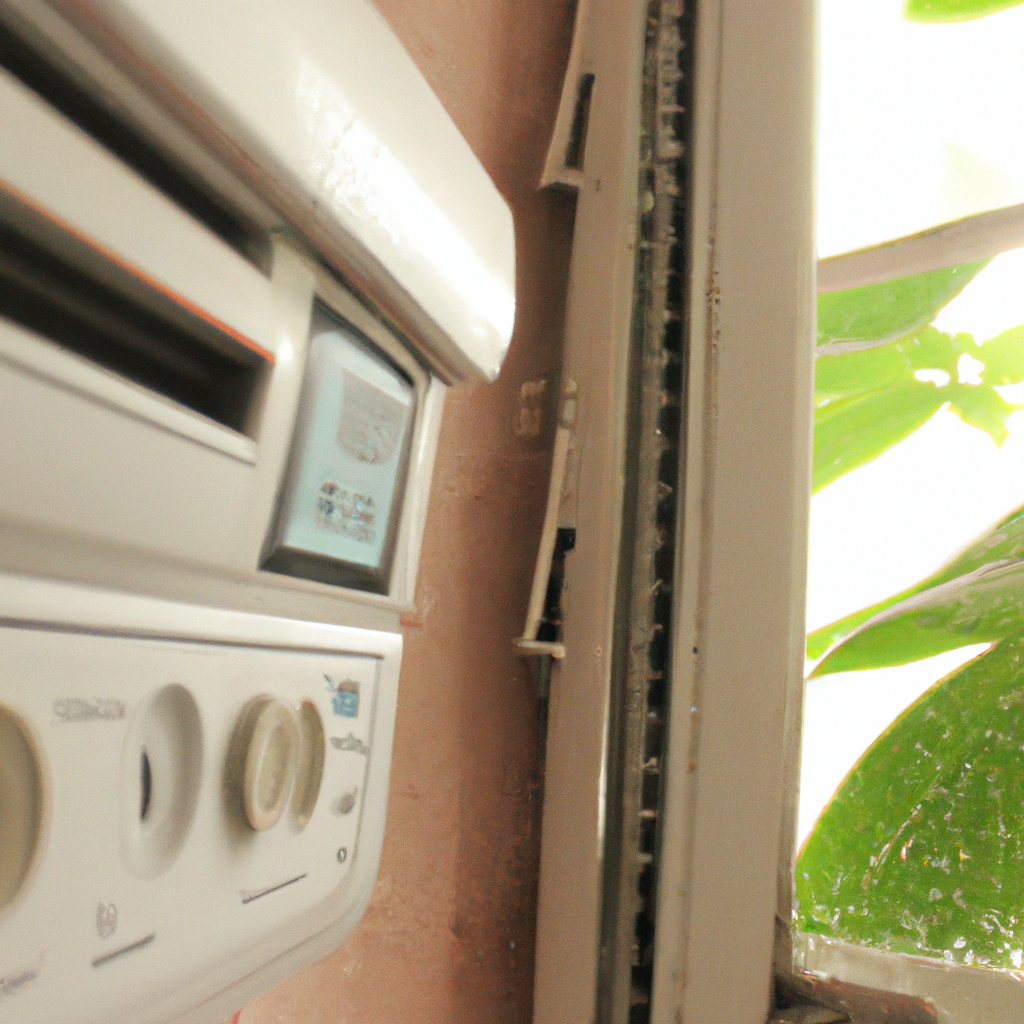Are you wondering if it’s safe to turn on your air conditioner during a rainstorm? Many of us have found ourselves in this situation, and it can be difficult to know what the right answer is.
Here we’ll discuss why running an AC unit during a storm may or may not be a good idea and what precautions you should take when doing so.
Whether or not you decide to flip the switch will likely depend on several factors such as the severity of the weather, how old your AC system is, and whether or not your home has any electrical faults that could pose risks. We’ll go into all these considerations and more to help you make an informed decision about using your air conditioning while it’s raining outside.
By taking safety measures into consideration and understanding both sides of the argument, you can feel confident turning on your AC without worrying about damaging either yourself or your equipment. So let’s dive in and learn more about what makes operating an AC unit safely during rainy weather possible!
Potential Hazards
It is generally not safe to turn on an air conditioner during a rainstorm. Electrical shock, lightning strikes, and power surges are all potential risks associated with operating an AC unit in wet conditions.
Water damage can occur if the appliance comes into contact with moisture, as this could lead to short circuits or even fires. Additionally, leaving an AC running while it’s raining may cause serious problems for its internal components over time due to corrosion from humidity buildup.
Therefore, when considering whether or not to use your AC in bad weather, there are several factors that should be taken into account.

Factors To Consider
The sound of rain pattering against the window panes can be a soothing melody, but when it comes to turning on your air conditioner during a storm, one must proceed with caution. There are several factors that should be taken into account before deciding whether or not to power up the AC unit:
- Humidity – High humidity levels make an environment less comfortable and more prone to mold growth.
It’s important to check if there is any water damage in the area around where the air conditioner is located as this can cause electrical issues.
- Temperature – The outdoor temperature will affect how well your system operates; if it’s too hot outside, the compressor may overheat and shut down.
This could lead to costly repairs and even reduce the lifespan of your system.
- Insulation – Poor insulation can allow moisture from outside rainstorms inside the home, leading to problems such as corrosion on metal components or mold growth in certain areas of the house.
Make sure all windows, doors, and vents are properly sealed in order to prevent these occurrences.
- Air Quality – If you’re using an older model of air conditioner without filtration technology, then running it during a storm could potentially introduce pollutants into your indoor air quality from outdoors.
Therefore, consider carefully all these potential risks before making any decisions about activating your AC unit during a stormy day. Taking proper precautions can help ensure safety for both yourself and your HVAC system alike!
Precautions To Take
It’s not recommended to turn on a window air conditioner during rainy weather, as it can be a safety hazard. To avoid potential risks due to wet conditions, make sure the AC unit is properly weatherproofed and protected from rain damage.
Installing covers over window units or keeping them in an enclosed space helps prevent water getting into the system. Additionally, you should also take extra precautions against power outages- such as unplugging the appliance when there’s thunderstorm activity nearby.
These are some effective ways of ensuring your AC stays safe during rainy days. However, if you’re unable to take these steps, then looking at alternatives could be beneficial.
Alternatives To Air Conditioning
As the old adage goes, “When life gives you lemons, make lemonade!” So, when rain pours and outdoor activities are off-limits, consider some of these alternatives to air conditioning.
The first option is to use portable fans or window fans. These fans can be used both indoors and outdoors to create a cool breeze and circulate air around the home that has been cooled by opening windows during cooler nighttime hours.
Portable fans also come in handy for those who live in areas with high humidity levels as they help reduce moisture build-up in the house. Additionally, evaporative coolers are another great way to beat the heat on rainy days without using an AC unit inside your house.
Evaporative coolers work best if used outdoors but can still provide relief indoors when combined with other cooling methods such as open windows and ceiling fans which will further increase airflow throughout the room.
Finally, it’s important to remember that while staying cool is important during summer months, indoor air quality should not be forgotten either! Air purifiers can help clear out any airborne particles from pollen or dust mites and keep everyone breathing fresh all summer long – even on rainy days.
By taking advantage of these alternative cooling strategies along with proper ventilation techniques, anyone can stay comfortable through the hot and humid weather this season brings – no matter how much rain falls.
Conclusion
It’s often assumed that it’s not safe to turn on the air conditioning during a rainstorm, but this is only partially true. While there are potential dangers associated with operating an AC unit in wet weather, it can be done safely if certain precautions are taken and factors considered.
But what about those times when you don’t feel comfortable turning on your AC? Not to worry! There are plenty of alternatives for staying cool without having to rely on electricity or technology – such as opening windows and using fans.
So even though it might seem counterintuitive at first, taking advantage of some simple strategies can help keep you cool and comfortable even during rainy days.
At the end of the day, safety should always come first – so if you’re uncertain about whether it’s safe to turn on your AC while it’s raining, err on the side of caution and find another way to stay cool. After all, why take risks when there are other options available?




